Mozambique: Farming through drought
Climate change: Minister proposes link-up between academics and politicians
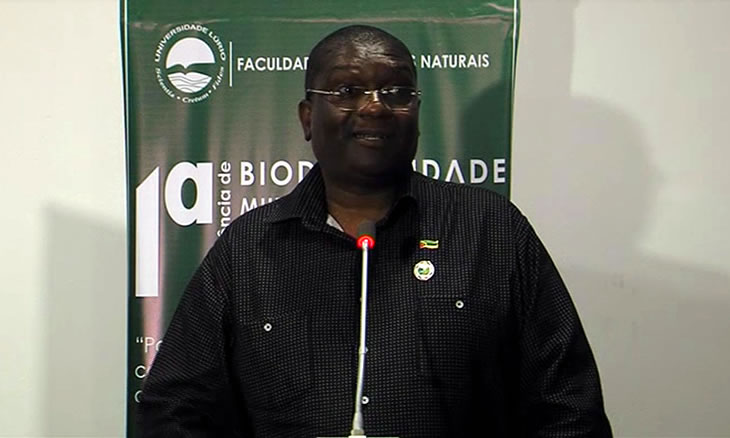
Minister of Agriculture and Food Security Higino Marrula. Photo: O País
The conference on Biodiversity, Climate Change and Sustainable Development held yesterday in Pemba and organised by Lúrio University, heard Minister of Agriculture Higino Francisco de Marrula say that the great challenge was forging links between academia and politicians in order to arrive at better-informed decisions.
From 22 to 23 October, Unilúrio held its first international conference on a theme that tops the agenda in Mozambique: the issue of climate change and sustainable development.
Climate change in Mozambique, where most producers depend exclusively on rainfall, is already changing the agricultural calendar, and the situation has worsened over the past ten years.
In order to adapt to climate change and avoid hunger resulting from lost production, the government will intensify its use of early warning systems based on weather forecasts, the minister announced.
In normal conditions, the growing season in Mozambique runs from October to March, but in recent years irregular rainfall has made it difficult to stick to the timetable.
In response, Unilúrio is to launch a research programme to advise the government on how to minimise the negative impacts on the environment and communities of extractive industry mega-projects.
The province of Cabo Delgado is set to become the nation’s natural gas capital in the coming years. While the advancement of the extractive industry is an opportunity for development, scholars are also drawing attention to the impacts of the industrial activity.
The government has set ensuring the sustainable management of natural resources and environment as one of its development pillars, placing communities at the centre of policies.
One example of the integration of conservation areas and communities is Gorongosa National Park, which is developing a coffee production project in the Gorongosa mountain range to encourage forest preservation.
Another partnership, between the University of Aveiro in Portugal and Unilúrio, has resulted in a sustainable fish farming project with innovative methods.
The official opening of the conference on biodiversity and climate change was attended by the governor of Cabo Delgado province, and ended on Tuesday at the Faculty of Engineering and Natural Sciences in Pemba.


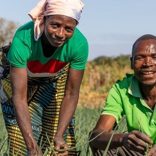


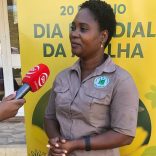
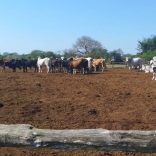
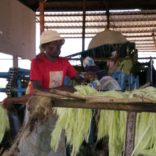




Leave a Reply
Be the First to Comment!
You must be logged in to post a comment.
You must be logged in to post a comment.